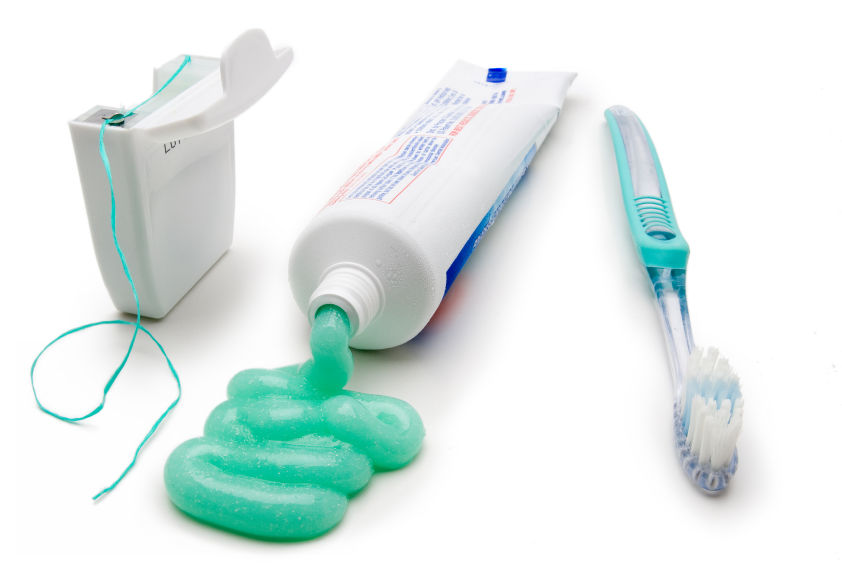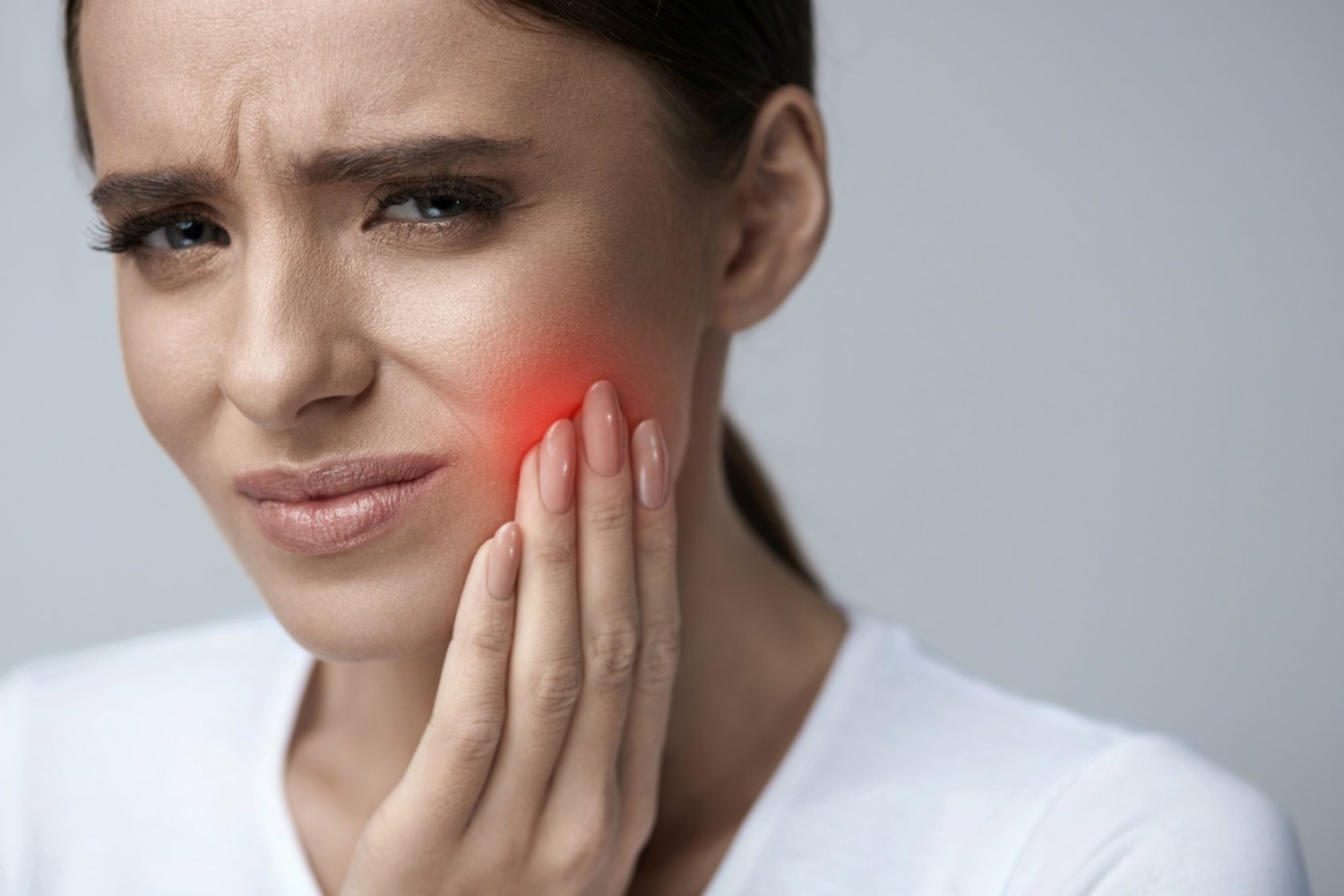Full-fledged dental care means regular visits to the dentist and home procedures. We will tell you why it is so important to go to the doctor in time, what oral procedures he performs and how to maintain a high level of dental health yourself.
Oral Sanitation
What is sanitation? It is a set of procedures where all affected teeth are routinely treated – a radical solution to oral problems. If necessary, rehabilitation measures for the gums are carried out. Sanitation is useful for everyone, but it is especially worth undergoing the procedure in preparation for pregnancy, planned surgical operations or before a long departure.
What does the sanation include?
- The doctor carefully examines the oral cavity, identifies the problem
- X-ray diagnostics is carried out.
- After that, he makes a plan of procedures and voices the cost.
- Then the doctor proceeds to the treatment of teeth.
- This is followed by gum treatments.
Ideally, if you visit the dentist regularly, the treatment will go quickly. If the situation with your teeth is difficult enough – multiple cavities, pulpitis and periodontitis – you will have to visit the clinic more than once.
Tip! Go to the dentist at least twice a year for preventive check-ups. And if your teeth are problematic enough, four. The doctor will timely monitor any changes and immediately eliminate them. Such measures reduce the likelihood of developing complications of tooth decay by several times!
Teeth cleaning

Dental care is divided into two types – professional and home care. First, about what professional hygiene is:
- Cleansing comprehensive procedures at the dentist’s office
- The complex includes – ultrasonic cleaning, soft plaque removal, enamel polishing and fluoridation
- Prevention of tooth decay and gum disease
- Teeth are cleaned from all sides, even in hard-to-reach places.
Professional hygiene is necessary for everyone without exception, it will help to maintain healthy teeth. It is recommended to perform it 2 times a year. In addition, on a smooth polished surface, plaque is practically not deposited.
Speaking of home cleaning, it is important to deal with three questions:
- How much to clean
- How to clean
- How to clean
How much brushing?
Brushing should be regular – in the morning and in the evening. It is advisable to brush after breakfast to keep your teeth clean for as long as possible. Evening brushing implies that you will not consume any foodstuffs after brushing.
On average, it is recommended to spend 2-3 minutes on the procedure. This is enough to go over all surfaces of the teeth.
What to brush with?

The hygienist at the clinic will help you choose the right toothbrush and toothpaste. The manufacturer Curaprox, for example, deserves special attention: these brushes have a large number of bristles made of a unique fiber. Toothpaste is prescribed depending on your needs and problems – there are toothpastes to strengthen enamel, against gum inflammation and general action. Consult a specialist!
Why should you entrust your toothbrush choice to a specialist? You’re probably used to just going to the hardware store and buying a toothbrush in the color you like. But bristles that are too stiff can damage periodontal tissue, and bristles that are too soft can do a poor job of removing plaque. Your dentist will find the best option for you.
How often should I replace my toothbrush? It is recommended to buy a new toothbrush every three months. But if the bristles have already become loose or there are any other defects, you should also consider replacing it.
How to brush?

The right toothbrushing motion ensures that the enamel is thoroughly cleaned and the gums are not traumatized. How to brush correctly?
- Start from the front surface of the teeth – go through both the upper and lower rows at once
- We make sweeping movements from top to bottom.
- Move to the inner part of the tooth row – work with the same movements.
- The final part is the treatment of the chewing surface.
If you visit a hygienist, he will definitely show you on special models how to properly care for your teeth. Remember the main thing is that you can not make sawing movements of the brush back and forth – in this case, plaque will be stronger “clogged” between the teeth, and there is also a risk of traumatizing the gums.
Irrigators – what are they and why?

Irrigator – an indispensable oral care device that performs several unique functions at once:
- Cleans the interdental spaces
- Massages the gums
- Removes plaque along the gingival margin
The thin nozzle delivers water under pressure when the button is pressed – due to the pressure it perfectly copes with the hygienic task. It is desirable to use the irrigator every day – it is good for the gums, besides, it is an additional prevention of dental caries. Moreover, the device can be loaded not only water, but also, for example, antiseptic liquids. They reduce inflammation of the gums.
What nozzles are there in the irrigator?
- Standard for rinsing the interdental spaces
- For cleaning the tongue – once a week
- For gums – to remove plaque from periodontal pockets.
- Brush head for polishing enamel.
There are usually several standard nozzles in the set, and they are color-coded for each member of the family. As a result of using an irrigator, you can not only get rid of plaque, but also eliminate bad breath.
Irrigator is a great solution for taking care of children’s teeth. They are often too lazy to brush their teeth, and working with an irrigator seems to be something fun for many of them, and oral care begins to arouse sincere interest.
You can get acquainted with this device in more detail by watching our video. The hygienist of the clinic “MediLine” will tell you about what irrigators are, as well as demonstrate how to use the device to effectively take care of your dental health.
What else can I do for healthy teeth and gums?

The health of your teeth and gums depends a lot on your diet, so this is also an important part of caring for them. Try to include more healthy foods in your diet:
- Carrots and apples.
Massage the gums, promote proper blood circulation – prevention of periodontal diseases - Dairy products and greens.
Rich in calcium, which strengthens enamel - Fish.
Contains phosphorus useful for teeth - Onions.
Vitamin C and phytoncides to strengthen gums - Pumpkin
Natural “whitener” for teeth, also makes them stronger. - Seaweed.
Useful for its rich iodine content
All these components are necessary for full saturation of dental and periodontal tissues with important microelements.
Additional means of hygiene

For perfect oral care, it is recommended to use additional hygiene products. After meals, it is advisable to use special rinses or at least rinse your mouth with water. You should also floss once a day, or better yet, use a small interdental brush – it is the best tool for cleaning hard-to-reach areas, because that is where a lot of bacteria accumulate. And the area on the sides is as much as 40%!
Your hygienist will help you choose the right toothbrush according to the distance between your teeth. The tools differ in bristle density, diameter and length. The specialist will show you how to clean them correctly.
Decay in the contact area – between the teeth – is one of the most common problems. It is almost invisible on visual inspection, and is not felt at all, since this area is not involved in the process of chewing. That is why it is so important to pay special attention to this area!




